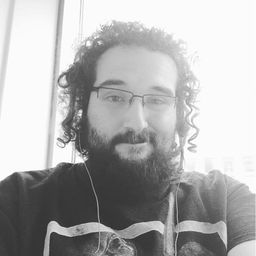Hidden Histories: Stories on the fringes of York
Mon statut pour la session
The city of York is a world renowned location; tourism based on the beauty and history of the city is an almost accepted aspect of what York is. However, it is growingly clear that many feel that it is no longer the dominant perception that the city demands and rather there is room for the narrative of the people. One that shies away from the gentrification and economy driven tales of history to ones of communities utilizing their resources to ensure that in a future marred with uncertainty their heritage and perception of the city will survive.
Heritage communities are a valuable resource, one that can influence major change; within York there is a growing want to rebrand the city into a more sustainable and dynamic city and these communities on the fringe are becoming inspiration for that future, given the people back their city.
United by a commonality in heritage, people across the city have come together for events or to form bodies that celebrate, educate and discover the city and its heritage free from dominating metanarratives. Some groups have chosen to recreate aspects of the past such as through The York Mystery Plays which are a modern re-enactment of the centuries old mystery plays that were carried out in the city, nowadays performed by communities of locals open to celebrate and capture the essence of the past in their own way. The role of keeping the past alive is a common thread through the city and is reflected on social media by local history groups who feel that the intangible is work preserving through the exchange and sharing of stories, images and footage residents past and present have.
Not all communities though rely on the information they already have and some set out to learn together. Within York there is an active community of Urban Explorers who choose to overlook the obvious. They seek out their own paths, discovering hidden aspects of the cityscape, but with this they contribute to knowledge on urban history, architectural knowledge as well as memories of the changing city they are familiar with.
Some communities just want to test what is possible and pass on the teachings of the past as the Edible York programme reflects in trying to educate communities on how to grow fresh food in their local area, particularly those with limited green space, as well as re-introducing ideas of foraging and using the openly available sources of food. Each of these reflects the varied spectrum at work, operating on the fringes of the tourist narrative but bringing something valuable to both the city and those involved, a sense of belonging and ownership.
